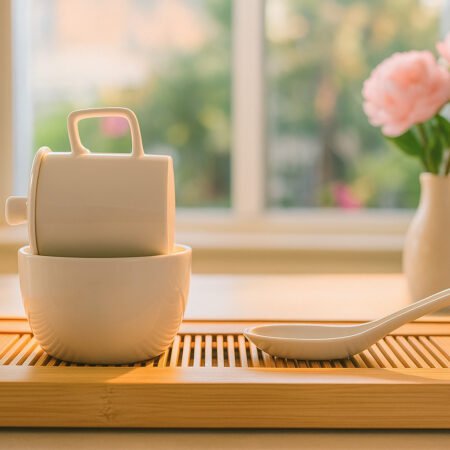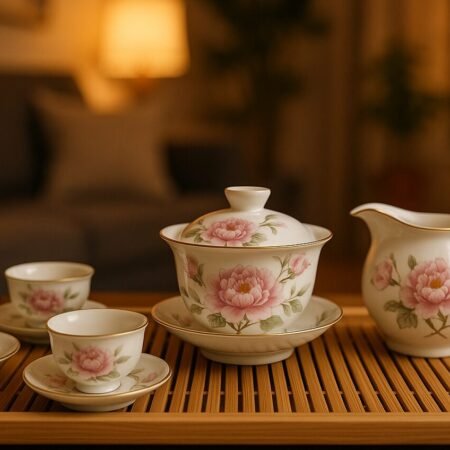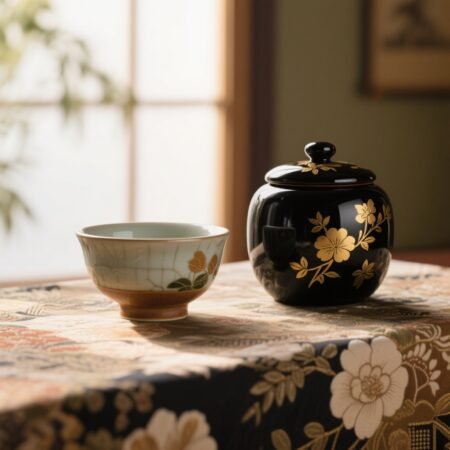
Browse Category
Teaware
Discover the essential tools and vessels that enhance your tea experience through both function and beauty. From everyday brewing equipment to specialized cultural implements, each piece serves a purpose in elevating your tea journey.
23 Articles


Stylish Tea Trays: Elevate Your Tea Time with the Perfect Tea Tray
August 3, 2025
15 Min Read
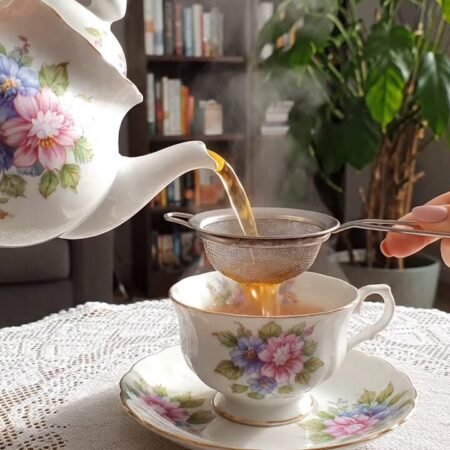
A Guide to the World of Loose Leaf Infusers and Strainers
July 24, 2025
10 Min Read
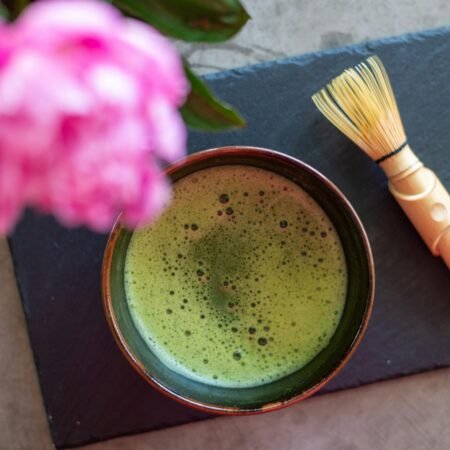
Top Quality Matcha Whisks: Authentic Bamboo Chasen for Japanese Tea in Kyoto
July 22, 2025
11 Min Read
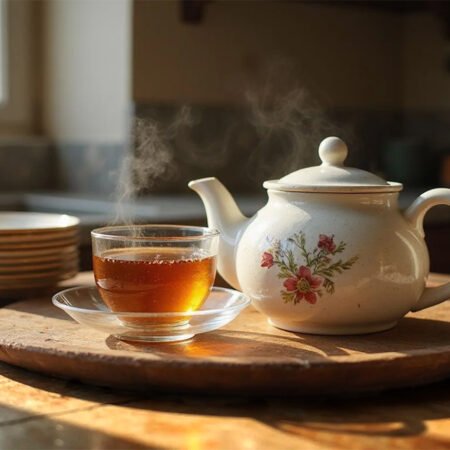
Enhance Your Tea Experience with the Best Teaware for Post-Brewing Tea
July 22, 2025
5 Min Read
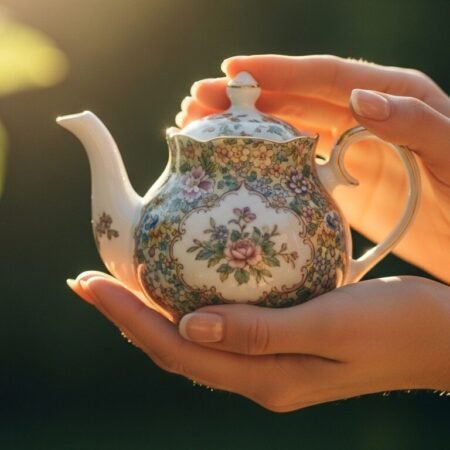
Essential Tips for Teaware Care: Teapot Maintenance, Matcha Rituals & More!
July 20, 2025
12 Min Read

The Ultimate Guide to Tea Brewing Vessels: Brew Your Perfect Cup with Teaware
July 14, 2025
13 Min Read
Featured Articles
Spice up your tea game with 5 different types of chai
September 21, 2025
Brewing Black Tea: A Guide to Perfectly Brew Black Tea at Home
September 23, 2025
Perfecting Your Tea Steeping Time: A Comprehensive Guide
September 25, 2025
How to Brew Chinese Tea: A Comprehensive Brewing Guide
October 1, 2025
How to Brew Tea Leaves: Making the Perfect Cup of Loose Leaf Tea
October 3, 2025
Most Delightful Newsletter
Get Our Master Tea Brewing Cheatsheet

